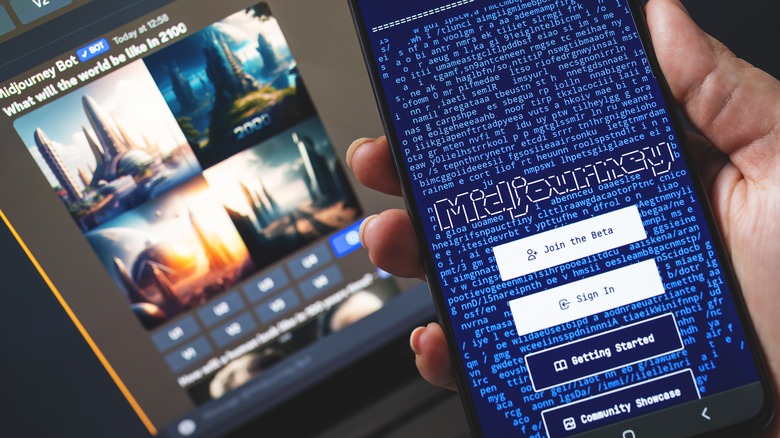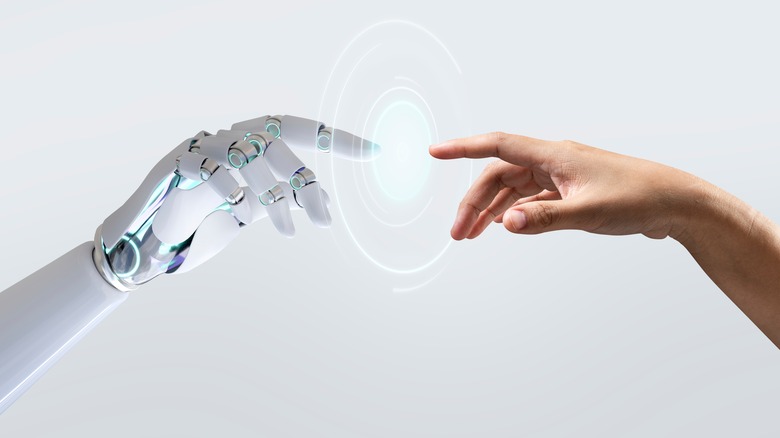US Government Makes It Clear - You Can't Copyright AI-Generated Images
The United States Copyright Office has ruled that images generated solely by an AI program using nothing but text input from a person doesn't qualify for copyright protection. A statement of policy issued by the USCO says that these text-based prompts "function more like instructions to a commissioned artist — they identify what the prompter wishes to have depicted, but the machine determines how these instructions are implemented in its output."
In a nutshell, the core elements of creativity and original work that determine claims of authorship are vested in the hands of a machine, and not an actual person. The main argument here is that a human behind AI-generated art doesn't command the ultimate control over a piece of art.
The USCO says material won't be protected by copyright laws if expressive elements in an art piece are not the product of human authorship, but generated by a machine. The statement comes after months of tussle and multiple lawsuits against companies that have developed generative AI models like Midjourney and Stable Diffusion. AI generated content has flooded the internet in multiple forms, from visual art to literary and musical work.
Artists are worried that their work has been used without consent to train these generative AI models, while employers are facing the conundrum of paying for work that is not a true product of human creativity and labor. However, the USCO's ruling is not definitive, and copyright claims will be addressed on a case-by-case basis.
Copyright claims require the human touch
The topic of human authorship is contentious, which is why the USCO is still leaving the doors open for AI-generated work that contains a sufficient level of human retouching and modification. To what extent is human intervention required in an AI-generated art to qualify for authorship and subsequent copyright protection remains unclear.
However, the agency has set a vague boundary for it: "A visual artist who uses Adobe Photoshop to edit an image remains the author of the modified image," says the statement. However, the USCO will have the final say at determining whether a work of art has sufficient amount of human work involved — in terms of editing or changing — to grant it copyright protection.
The government body, which operates under the aegis of the Library of Congress, also makes it clear that it doesn't want to dissuade users from employing cutting-edge tech like generative AI models for work. However, there's a limit to how far a person or organization can rely on such advanced programs for creative work and still be able to retain authorship with copyright protections in tow.
While the ruling seems like a step in the right direction, it will also open the floodgates of copyright cases that are a mix of AI and human work, where each side will try to fight over the level of personal work involved, and contesting over human authorship claims.

